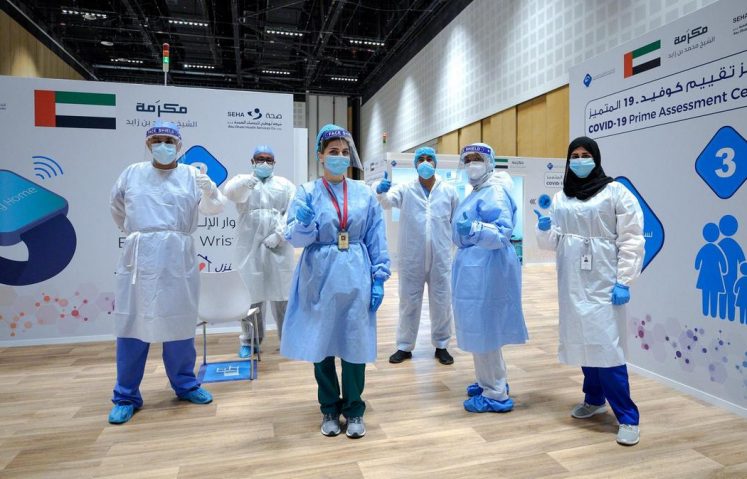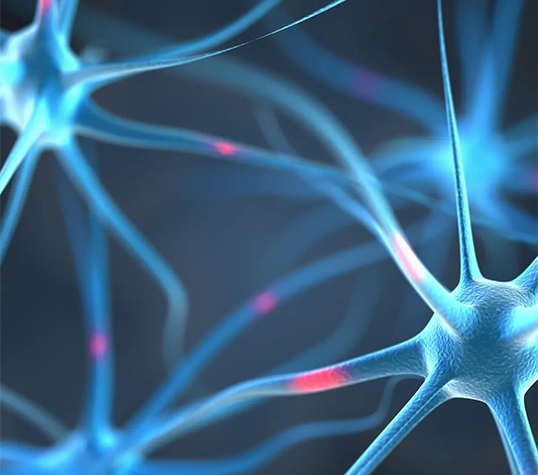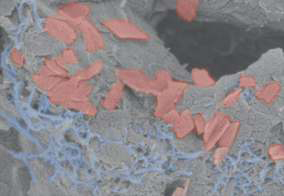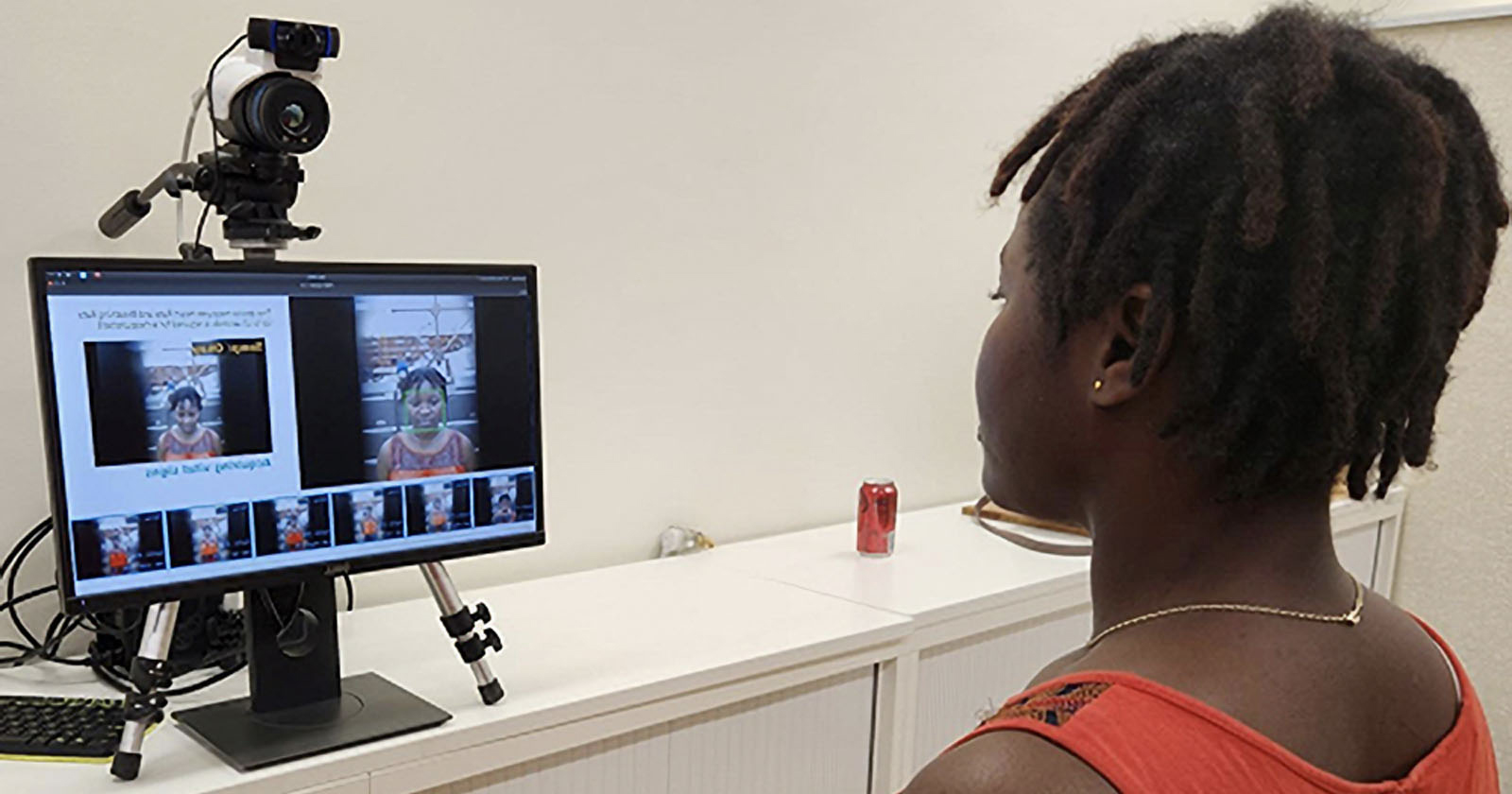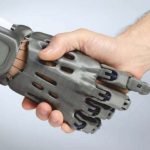The World Health Organization (WHO) has released an interim report on the "Fourth round of the global pulse survey on continuity of essential health services during the COVID-19 pandemic: November 2022–January 2023." The report indicates that health systems in countries are showing promising signs of recovery after three years of the COVID-19 pandemic. While disruptions in routine health services have reduced, the report emphasizes the importance of investing in recovery efforts and building stronger resilience for the future. Recovery of…
